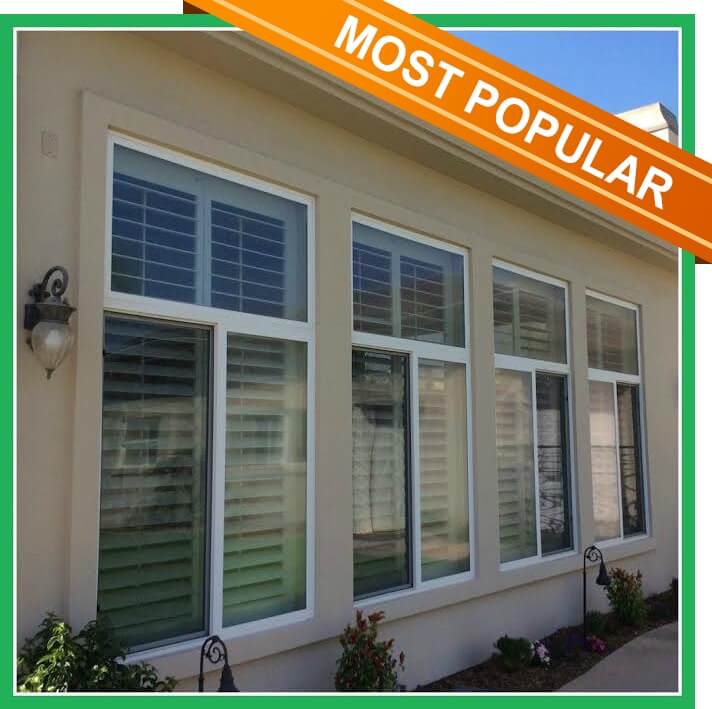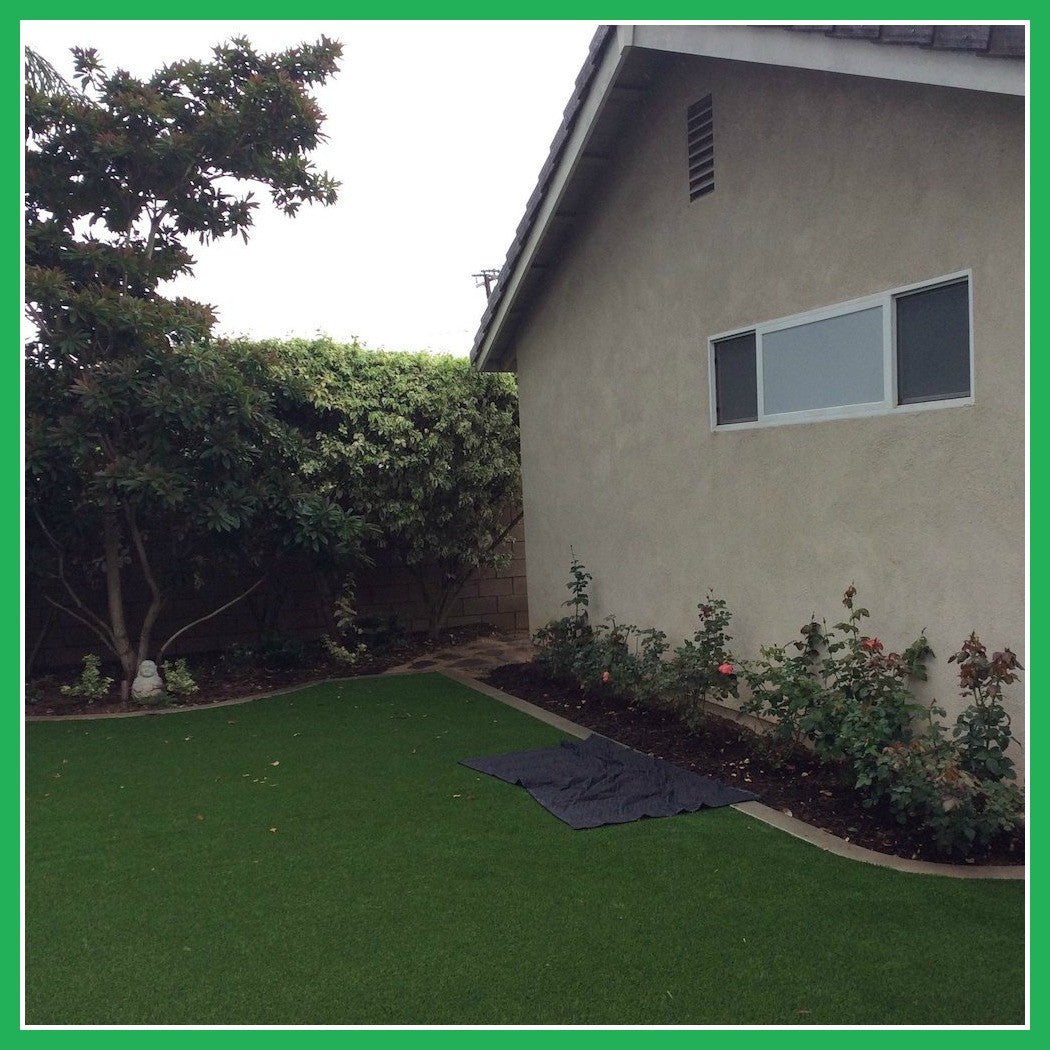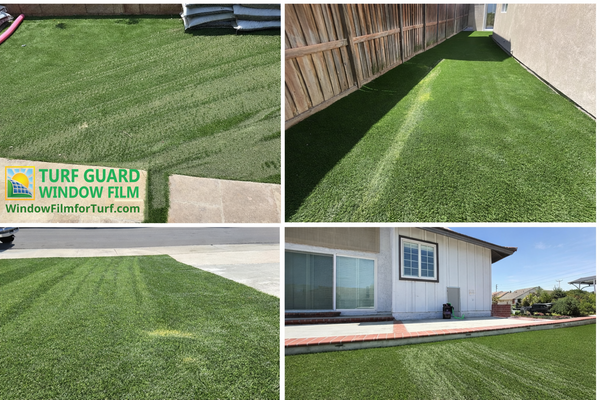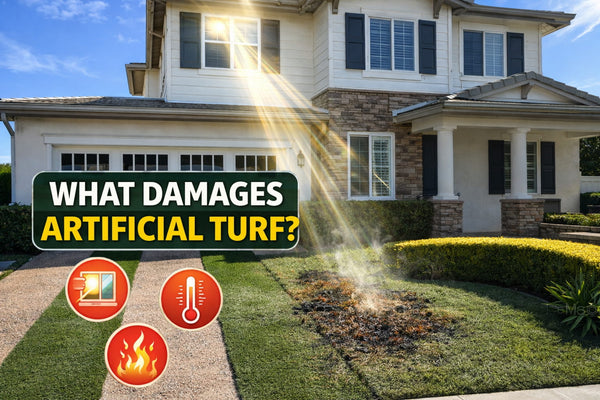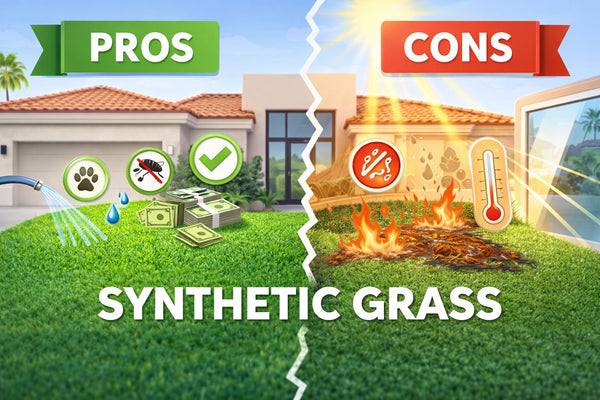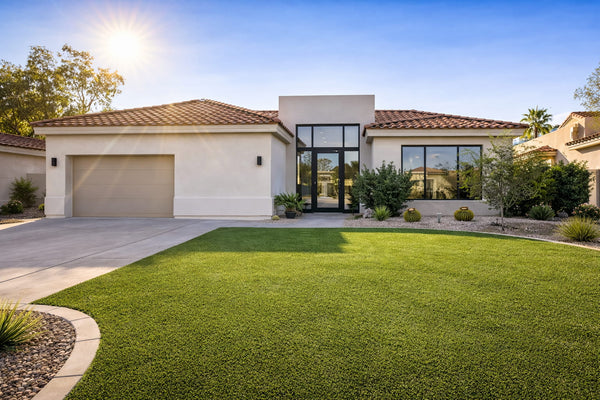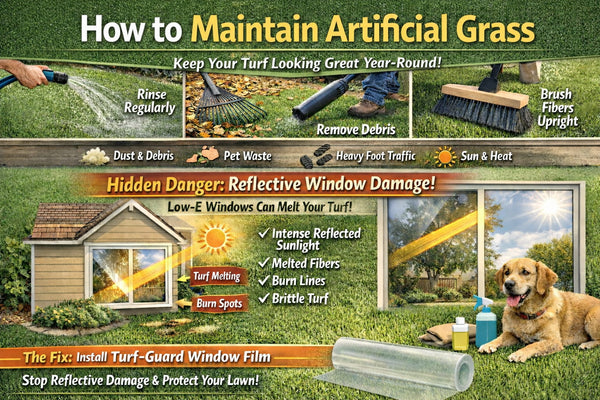Many homeowners are now switching to Low-E windows due to several reasons. For one, it adds value to any property. Secondly, it enhances the aesthetic design of the house. Lastly, it can help them save energy. While there are several benefits that you can get from this window, it also has a downside; it could melt the next-door siding.
Many people are complaining about melted vinyl siding due to their neighbors’ windows. This dilemma results in several arguments within the community. The question is, are they the ones to blame?
Why Is My Vinyl Siding Melting?
According to the National Association of Home Builders (NAHB), the changes in atmospheric pressure and the glass pane interior result in deforming the window glazing. If this happens, it could intensify the sunbeam and burn its path.
Meanwhile, the Vinyl Siding Institute (VSI) states that the melting temperature of vinyl siding is between 160 and 165 degrees Fahrenheit. Therefore, if the sun is at the right angle and hits your neighbor’s window, it could lead to melted vinyl siding.
Nonetheless, this dilemma is just a rare situation. It only happens when your house is less than 20 feet away from your neighbors, and if the Low-E coating becomes slightly concave.
Should Your Neighbors Be the One to Blame?
Victims file a vinyl siding melting lawsuit against their neighbors, but are they liable for melted vinyl siding damage?
The truth is that your friend’s windows should not be responsible for this problem. If there is someone to blame, that would be the vinyl siding manufacturers. However, companies have modified their warranty policies. That way, nobody will file a complaint against them should this dilemma occur.
Is There a Way to Stop Your Neighbor’s Windows From Melting Your Siding?
There are several melting vinyl siding solutions that you can try. One way to prevent this damage is by talking to your neighbors. However, this method could be tricky because not everyone will cooperate with you.
If that is the case, then you should solve this problem by yourself. You can replace your exterior wall with a heat-resistant siding. This material has a higher distortion point as opposed to the standard PVC cladding. However, this could take up too much time and money.
If you want an immediate and cost-effective solution, then you should opt for Turf Guard Window Film. It uses a film that looks like a bug screen, which deflects off the light and distributes the heat evenly. With this product, you no longer need to deal with this problem.
Do you have a melted vinyl siding? Visit our website and check out our Turf Guard Window Film products.
